Mullen to begin testing Linghang solid-state polymer battery technology in vehicles on US roads in Q4 2023
Green Car Congress
APRIL 11, 2023
Mullen Automotive, an emerging EV manufacturer, has integrated solid-state polymer battery technology into Mullen’s commercial Class 1 EV cargo van program. It is expected that the solid-state polymer technology will deliver more than 200 miles of range on a full charge for the Mullen Class 1 EV cargo van.





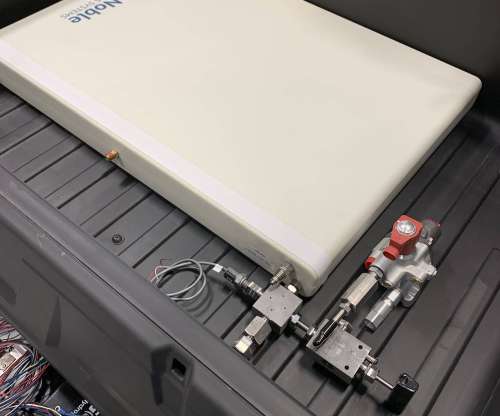
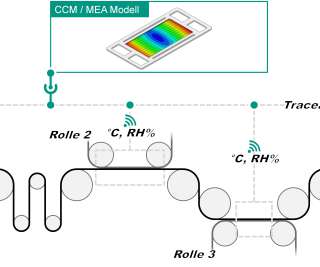

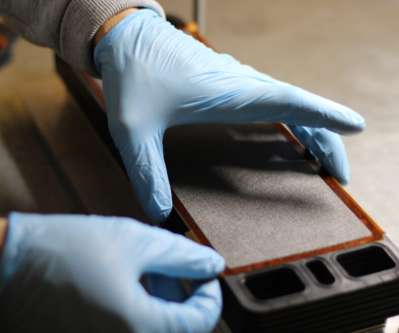










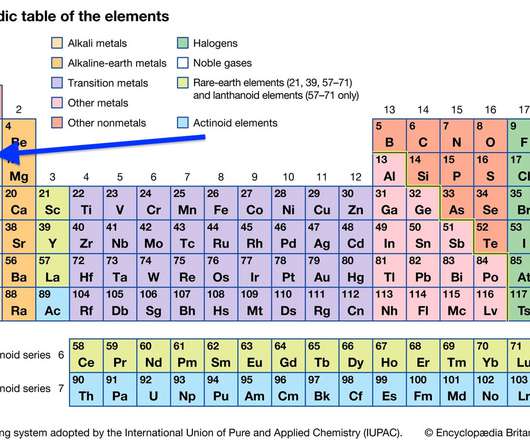



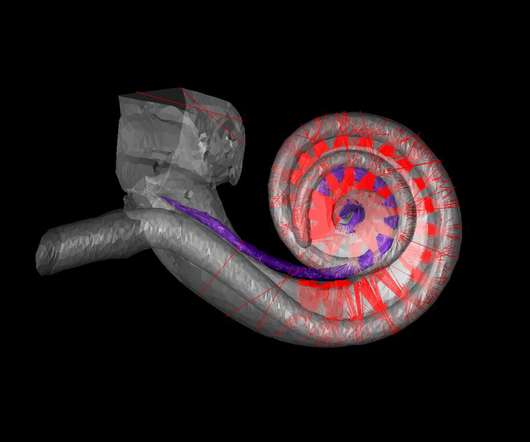

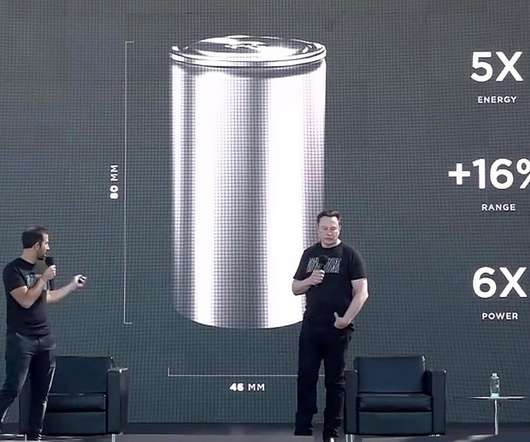
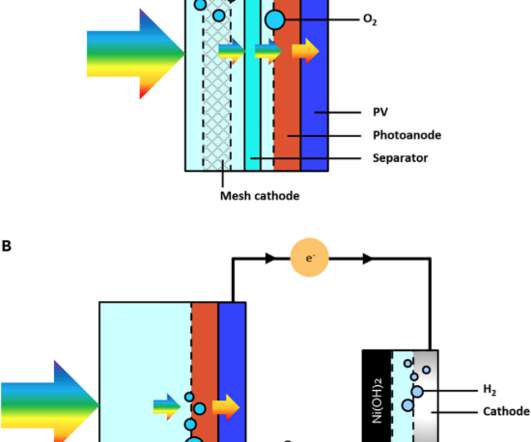






Let's personalize your content